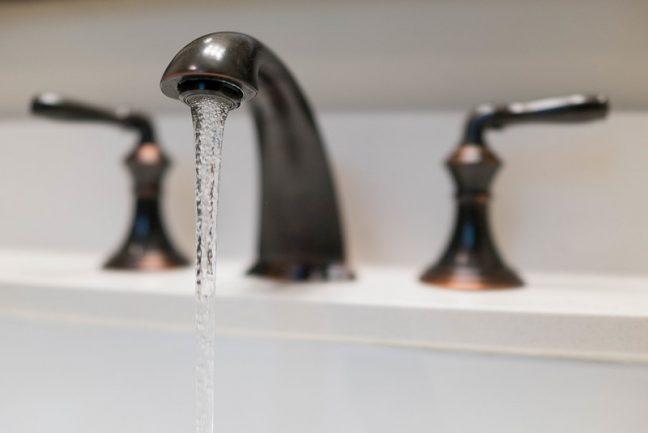The Environmental Protection Agency proposed revisions to their Lead and Copper Rule last week — the Wisconsin Department of Natural Resources said the complicated rule will help, but not enough.
The proposed revisions, per the EPA’s website, focus on the following six key areas: identifying areas most impacted, strengthen drinking water treatment requirements, replacing lead service lines, increasing sampling reliability, improving risk communication as well as protecting children in schools, and childcare facilities. The EPA also launched a new website which explains federal programs to assist in financing or completely fund lead service line replacement.
The Wisconsin DNR released a statement Oct. 11 which expressed disappointment, stating that the proposed revisions did not adequately address full lead service line replacement.
Bureau of Drinking Water and Groundwater Program Director Steven Elmore said he believes the rule is too complicated and could be simplified.
“It will continue to be difficult to implement due to all the testing requirements and follow up requirements that are in the rule, I think, you know, one way to simplify it would be to just focus on replacing lead service lines,” Elmore said. “And while that is expensive and will take a lot of resourcing nationally, I think that needs to be the focus.”
Elmore said while the proposed revisions would help reduce the levels of lead, it is impossible to get rid of all lead exposure from drinking water until lead service lines are all replaced. The DNR statement said that while the EPA set the contaminant level for lead of zero, it did not mandate replacement of lead service lines.
Evers proposes $70 million to replace lead pipes, improving quality of drinking water
Elmore said there is no safe level of lead contamination, which the Wisconsin Department of Health Service WCLPPP Manager/ Public Health Nurse Margie Coons echoed.
Coons said lead is a neurotoxin that affects the brain and its development, which can lead to several conditions. In young children, the list included learning disabilities, a lower IQ and behavior problems. Coons said lead poisoning has been linked to higher rates of high school dropouts and can have long term effects including reproductive problems as well as cognitive deficits such as Alzheimer’s.
“So, it really has wide-ranging effects that lasts throughout a person’s life and affects nearly every system in the body,” Coons said. “And the other important thing to know, and to remember is that once lead gets into a child’s body, it pretty much stays there.”
Coons said nearly 4,000 Wisconsin children under the age of six who were tested had lead poisoning in 2018, with Wisconsin ranking in the top ten for the highest number of children diagnosed among the states that report their data to the Center for Disease Control. Coons pointed out that many children go untested, with only one in five getting tested, which could mean a large number of children go undiagnosed.
Moving forward, Elmore said the DNR would like to see more state support similar to Evers’ proposal. With no national or state level programs for the foreseeable future offering enough support for lead service pipe replacement programs, Elmore used the city of Madison as an example.
Elmore said Madison passed an ordinance, Madison General Ordinance 13.18, which requires owners to replace their side of a water service line if its lead as well as offered a reimbursement of up to $1,500 to help fund the replacement.
“You know, that ordinance in place allows the utility and community to take more control protecting public health,” Elmore said.
During the State of the State address, Gov. Tony Evers declared 2019 the “Year of Clean Drinking Water.” Included in the administration’s efforts to meet that declaration was a proposal within the budget to borrow $40 million to replace lead service lines, which Republicans removed from the final version of the budget.
In a statement to The Badger Herald, Evers said that while the EPA revisions are a step in the right direction, they will not make changes fast enough.
“We appreciate that the EPA wants to help highlight lead in the drinking water in two of Wisconsin’s most impacted cities, but the critical issue of full lead service line replacement must be addressed immediately, not decades from now,” Evers said.


















